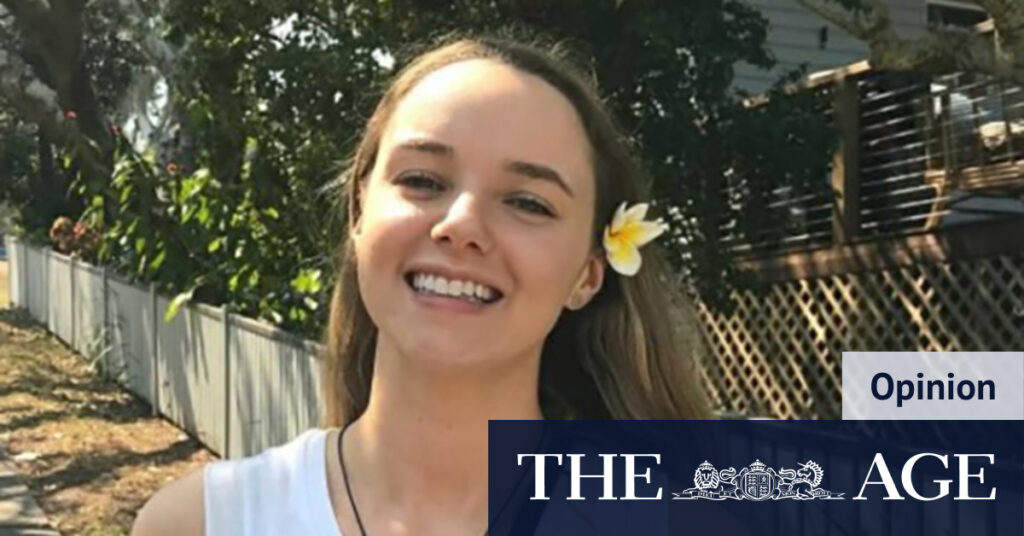
The recent and profoundly distressing death of Melbourne nutritionist Stacey Warnecke, who died after giving birth at home without medical assistance, has sent shockwaves through the medical community. Warnecke’s death, following an “unforeseen and extremely rare complication” during the delivery of her first child, has prompted a critical examination of the influences shaping childbirth decisions today.
Warnecke, known to her 19,000 followers online as NaturalSpoonfuls, had chosen a home birth, a decision that has sparked widespread debate. Her husband, Nathan, announced on social media that their newborn son, Axel, survived the ordeal. This tragedy has highlighted the growing trend of women opting for home births without medical support, even in countries like Australia where public hospitals offer comprehensive care at no cost.
The Rise of Social Media Influence in Childbirth
In an era where everyone has a platform but few bear responsibility, Warnecke’s death has forced a reckoning with uncomfortable truths about trust and influence. Reports, though unverified, suggest she may have been swayed by unqualified “free birthing” influencers who advocate for delivery without medical assistance. This possibility is particularly heartbreaking for medical professionals, as it underscores how the careful counsel of doctors and midwives can be overshadowed by the allure of online charisma.
These influencers often depict childbirth as a serene and natural ritual, glossing over the potential for complications. They post idyllic images of candlelit rooms and peaceful newborns, creating a narrative that can mislead expectant mothers. What they fail to show are the moments of crisis when medical intervention becomes critical.
Unaccountable Advice and Its Consequences
The tragedy of Warnecke’s death is compounded by the lack of accountability for those who dispense such advice. Unlike medical professionals, who face stringent regulations and disciplinary actions, social media influencers operate without oversight. Their followers, drawn by the promise of a natural and empowering birth experience, may not fully grasp the risks involved.
“If a clinician were to behave with such disregard for safety, the result would be swift, public condemnation.” – Medical Expert
In contrast, when influencers promote potentially dangerous practices, there are no investigations or repercussions. The cycle of misinformation continues, driven by algorithms that prioritize engagement over accuracy. This lack of accountability raises significant ethical concerns about the influence of social media on health decisions.
The Broader Implications and Call for Change
Every preventable maternal or neonatal death leaves a lasting impact, not only on the family but also on the healthcare professionals involved. The emotional toll on paramedics, nurses, and doctors who strive to save lives in such situations is profound. If such a tragedy occurred within a hospital, it would trigger thorough investigations and public scrutiny. However, when it happens outside the system, there is often silence.
The aftermath of these decisions is not always measured in death. Survivors may face lifelong challenges, such as brain damage from oxygen deprivation. The financial and emotional burden of caring for a child with severe impairments falls on the family and society, not on the influencers who encouraged the risk.
“Freedom in childbirth is a precious ideal, but freedom without truth is perilous.” – Healthcare Advocate
There is a growing call for those who profit from persuading others to reject safe medical care to be held accountable. The right to advise carries with it a duty to accept responsibility when that advice causes harm. Until society recognizes this, misinformation will continue to masquerade as wisdom, putting more women and their babies at risk.
Bringing a child into the world is not an act of rebellion against medicine; it is an act of humanity that deserves every safeguard science can offer. The tragedy is not that birth sometimes goes wrong, but that in a century defined by knowledge and progress, preventable deaths and injuries still occur because someone was misled to believe they would be fine.







